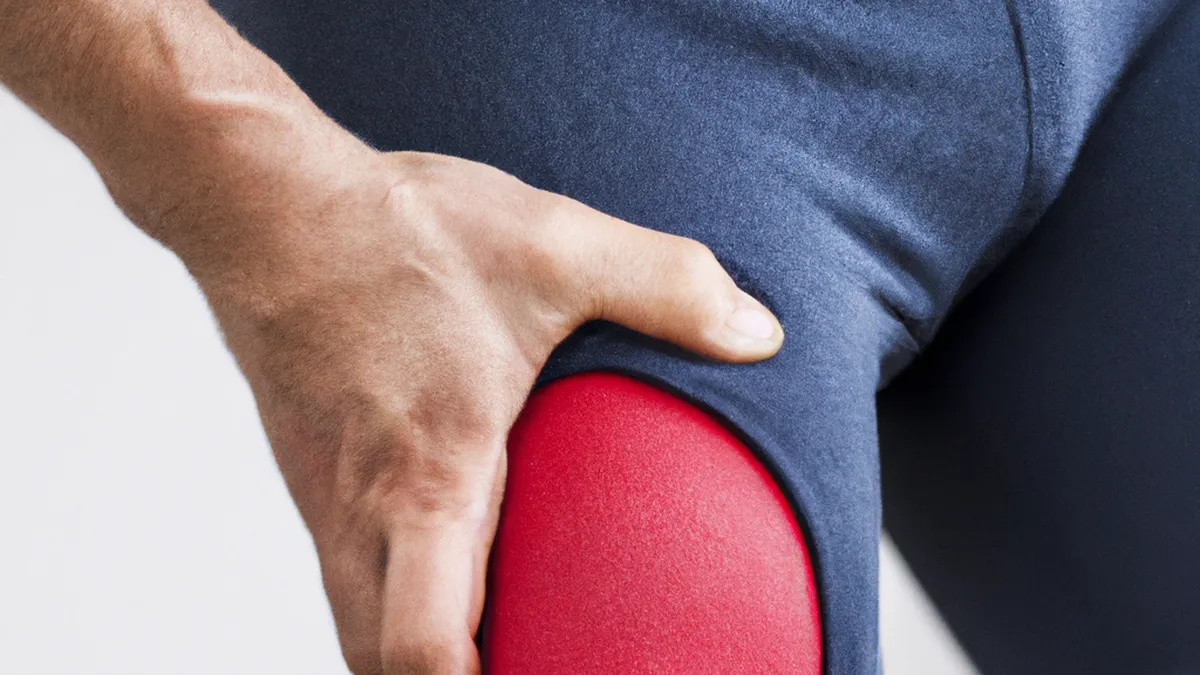Manage Your Weight for Joint Health
Impact of Lifestyle on Hip InjuriesHip injuries affect mobility and quality of life. Daily habits often contribute to these injuries. Understanding lifestyle choices aids in prevention and recovery. This blog post explores how activities, diet, and posture influence hip health.
Understanding Hip Injuries
Hip injuries range from strains and sprains to fractures and arthritis. They typically arise from overuse, trauma, or degenerative conditions. Your lifestyle significantly impacts both the onset and recovery of these injuries.Athletes and individuals in high-impact activities face higher risks. Running, jumping, and playing sports can cause acute injuries and chronic conditions like tendinitis. A sedentary lifestyle weakens muscles and stiffens joints, increasing injury risk. Understanding these factors helps prevent hip issues.
Common Types of Hip Injuries
– **Hip Flexor Strain**: This injury occurs when hip muscles overstretch or tear due to sudden movements or overuse.- **Labral Tear**: Repetitive motion or trauma can injure the labrum, causing pain and instability.- **Bursitis**: Inflammation of bursae, small sacs cushioning the hip joint, arises from repetitive motion or prolonged pressure.- **Osteoarthritis**: This degenerative joint disease results from worn cartilage in the hip, often worsened by obesity and inactivity.Recognizing these injuries helps you identify symptoms early and seek treatment promptly.
Tips for Prevention
As an Amazon Associate I earn from qualifying purchases.
Gear tip: consider stretching strap, yoga blocks, and mobility sliders to support this topic.
Stay Active
Regular physical activity strengthens hip muscles. Focus on low-impact exercises like swimming, cycling, and walking. These activities enhance flexibility and build strength without stressing your joints. Incorporate strength training for hip health. Target your glutes, quadriceps, and hamstrings with exercises like squats, lunges, and deadlifts. Strong muscles support hip joints and reduce injury risks.
Maintain a Healthy Weight
Excess body weight stresses your hips. Maintaining a healthy weight is essential for hip health. A balanced diet with fruits, vegetables, lean proteins, and whole grains helps achieve this goal. Practice portion control and mindful eating. Mindful eating helps you recognize fullness and prevents overeating. Use healthier cooking methods like baking, steaming, or grilling instead of frying to support weight management and overall health.
Improve Your Posture
Poor posture causes muscle imbalances and strains on your hips.
Conclusion
In summary, lifestyle choices significantly impact hip health. Stay active, maintain a healthy weight, and improve your posture to prevent injuries.
Below are related products based on this post:
FAQ
What are common types of hip injuries?
Common types of hip injuries include hip flexor strains, labral tears, bursitis, and osteoarthritis. These injuries can arise from overuse, trauma, or degenerative conditions, impacting mobility and overall health. Early recognition of symptoms is crucial for timely treatment.
How can I prevent hip injuries?
Preventing hip injuries involves staying active with low-impact exercises, maintaining a healthy weight, and improving posture. Regular physical activity strengthens hip muscles, while a balanced diet and portion control help manage body weight. Good posture reduces strain on the hips, promoting better overall health.
Why is lifestyle important for hip health?
Lifestyle choices significantly affect hip health, influencing both the risk of injuries and the recovery process. Engaging in regular physical activity, maintaining a healthy weight, and practicing good posture can reduce the likelihood of developing hip issues and enhance mobility.















Post Comment